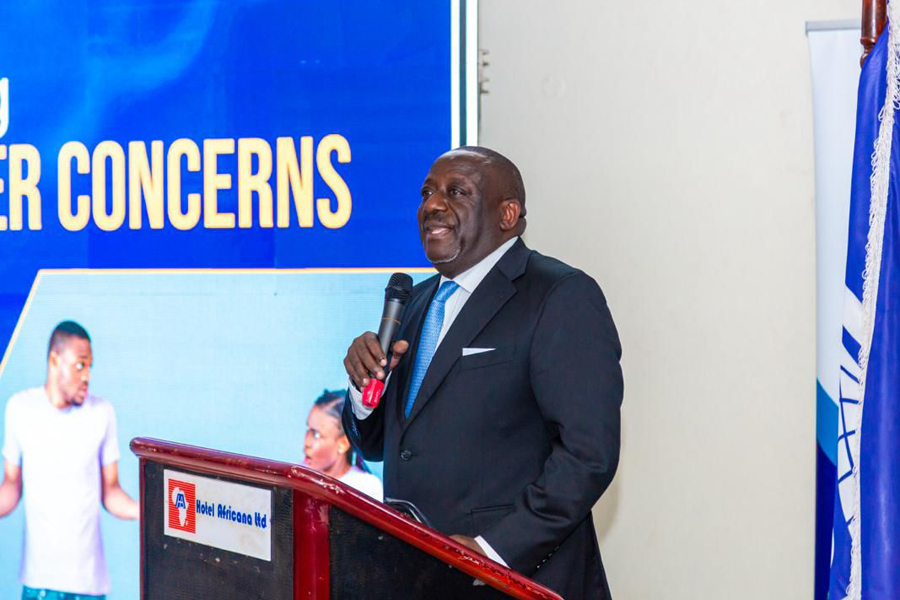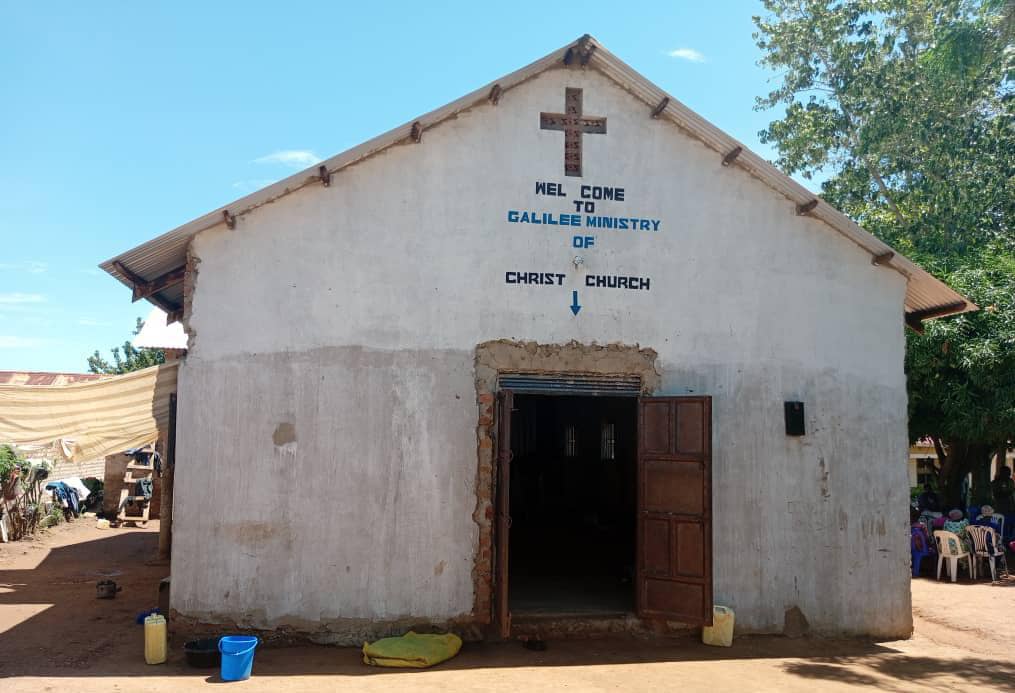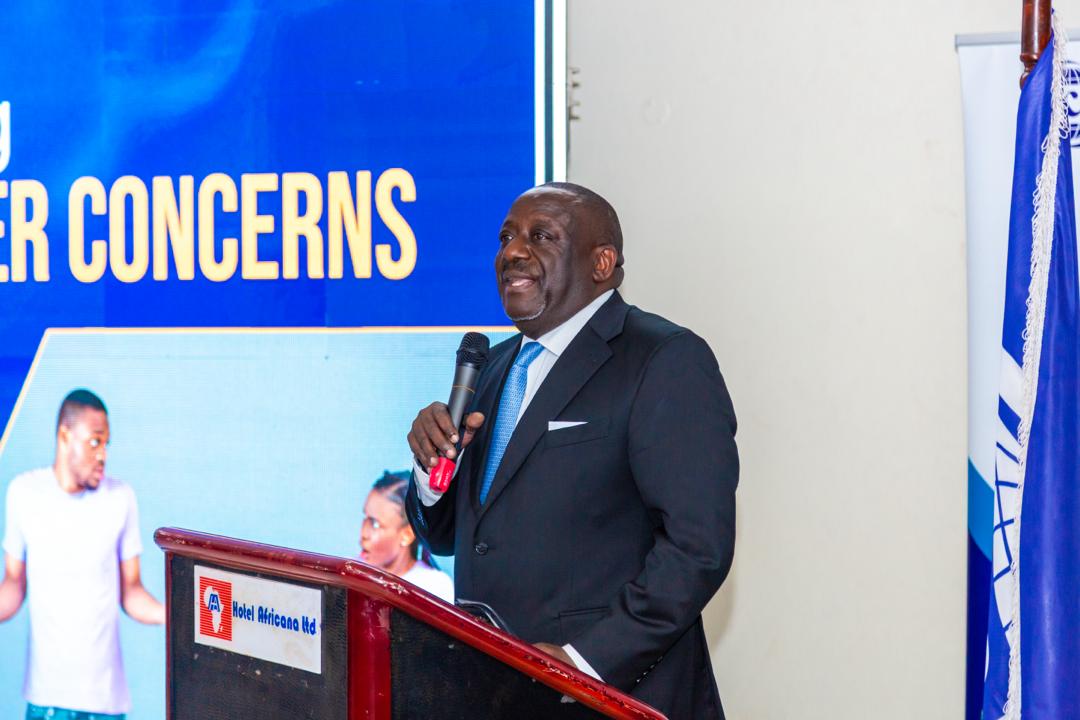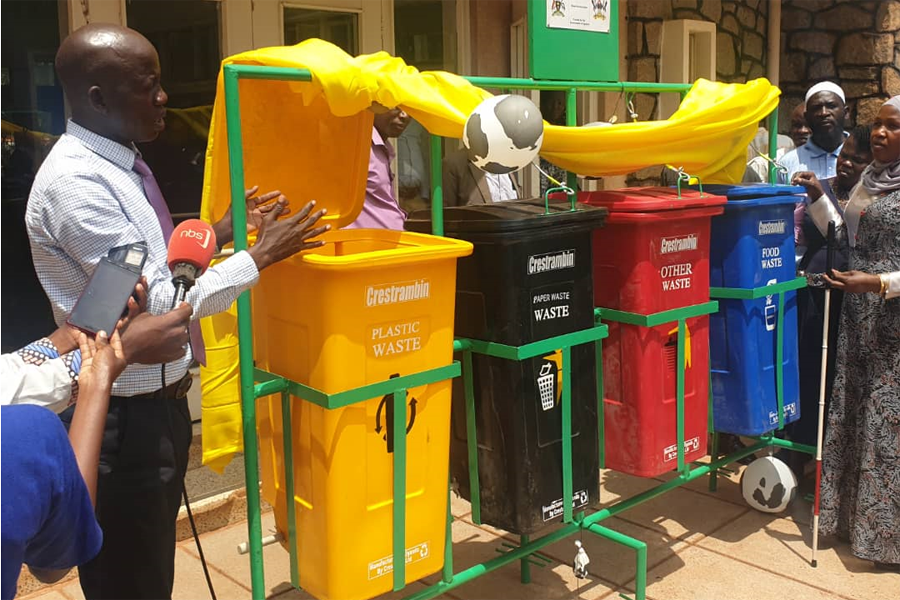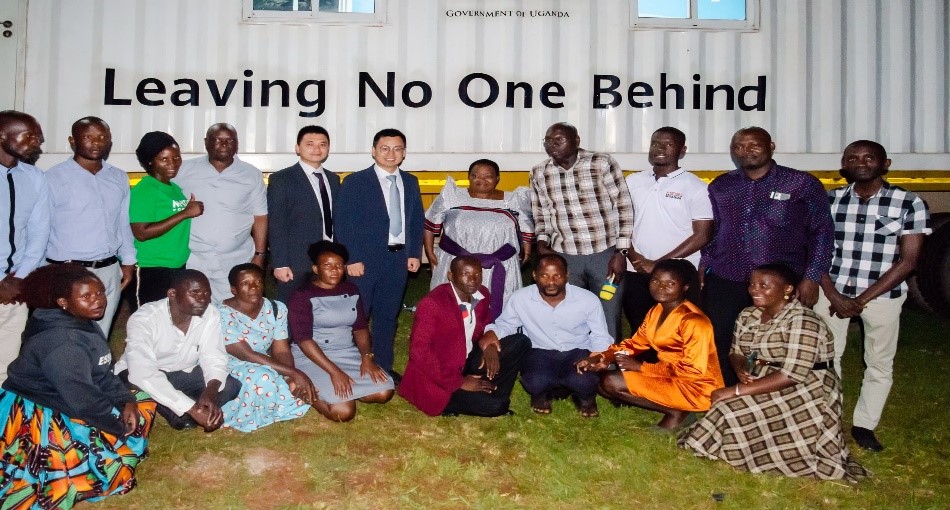Injectable HIV prevention drug set for 'aggressive' rollout in Africa
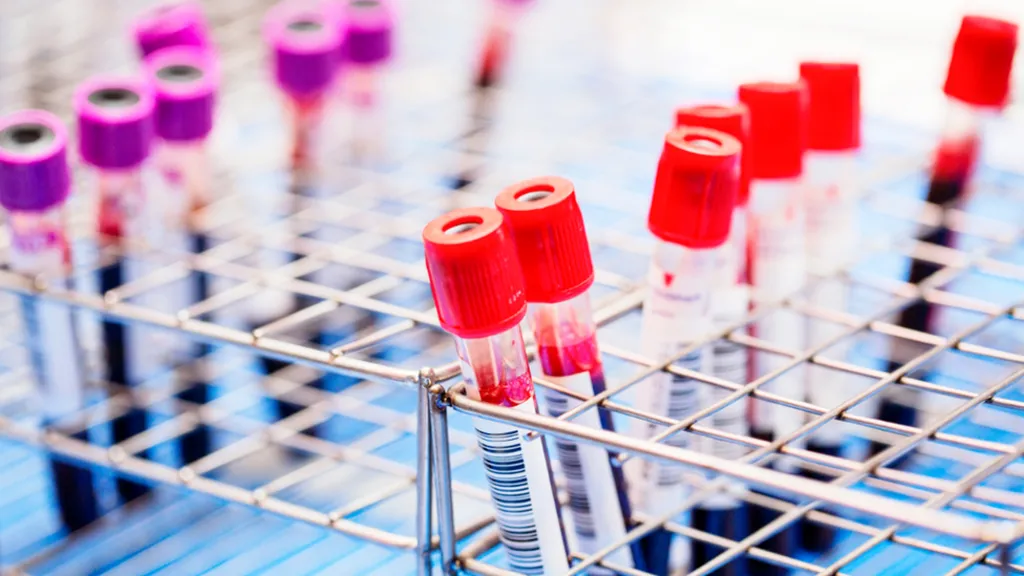
US government agency plans to make inexpensive shots that UNAIDS executive director Winnie Byanyima was 'turning history on its head' widely available for people at risk
HIV/AIDS | An injectable, long-lasting version of pre-exposure prophylaxis (PrEP) is on the cusp of being widely introduced in Africa.
Being touted as a "revolution in HIV prevention", the jabs could be the first in similar line for the world's most deadly incurable disease.
Ms Winnie Byanyima, the executive director of the Joint United Nations Programme on HIV and AIDS (UNAIDS), said the development was "turning history on its head".
The UNAIDS is the main advocate for accelerated, comprehensive and coordinated global action on the HIV/AIDS.
However, the new injectable might take some more months before it finds its way in Uganda where an estimated 1.2 million people aged 15 to 64 are living with HIV/AIDS.
"The new innovation isn't yet here," said Health ministry spokesperson Emmanuel Ainebyoona.
The scientists promoting the uptake of the innovation have not yet made contact with the Ugandan government, the Ministry of Health said, as it appears that southern African states of Zambia, Zimbabwe and Malawi were piloting it.
At least 85.6 million people have been infected with the HIV virus and about 40.4 million people have died of HIV since the immune-deficiency syndrome disease was first reported in Los Angeles, US, in June 1981.
Globally, 39.0 million people were living with HIV at the end of 2022.
'Turning history on its head'
The new injectable HIV preventive medicine is the first that will potentially benefit Africa, the continent worst affected by the HIV burden, after it was made possible by the US President’s Emergency Plan for AIDS Relief (PEPFAR).
The US government programme is understood to have purchased the jabs at a steep discount, channelling it to Africans to lead the pack.
Writing about the development, Science, an organisation that has been at the centre of important scientific discovery since its founding in 1880,said not many people in rich countries have started to take this formulation.
Science said this was mainly because of insurance hassles for the expensive drug.
The battle against HIV has seen many developments to combat the disease but they tend to come late to sub-Saharan Africa, the region hardest hit by the epidemic.
After powerful, lifesaving cocktails of HIV drugs came to market in 1996, it took seven years before they began to reach large numbers of people living with the virus there, Science noted.
"When PrEP pills to prevent, rather than treat, HIV infection were introduced in 2012. Africa was again slow to benefit," it added.
But things are about to change.
What an incredible milestone in the fight against HIV/AIDS! The widespread rollout of long-acting, injectable HIV prevention in Africa marks a monumental shift in history, thanks to the unwavering commitment of organizations like @PEPFAR. Together, we're rewriting the narrative…
— Dr. Akkshye Tulsyan (@AkkshyeTulsyan) April 3, 2024
Science reported that PEPFAR had provided 24,000 doses of injectable PrEP in Zambia, Zimbabwe, and Malawi by March 6 and has plans for an “aggressive scale-up."
PEPFAR head John Nkengasong said the drug has “the potential to bend the curve on the annual 1.3 million new HIV infections globally.
However, Nkengasong said availability and cost of injectable PrEP “are still a big concern” and could limit its impact.
“Over the next two years, we will see more injectable PrEP use in East and Southern Africa than we’ll see in the US,” said Mitchell Warren, who heads AVAC, an advocacy group for HIV prevention.
“That’s turning history on its head.”
PrEP first proved its worth as daily pills made by Gilead, but they only work if people take them consistently—which many find difficult to do.
The long-acting, injectable version of PrEP, made by the pharmaceutical company ViiV Healthcare, contains the antiviral cabotegravir (CAB-LA); a shot once every two months suffices.
Big international trials that included participants in Africa showed the drug to be more effective than oral PrEP in men who have sex with men and transgender women and, separately, in women.
The US Food and Drug Administration approved CAB-LA in December 2021, and the European Commission authorized it in September 2023. Other long-acting injectables that last four or even six months are now being tested.
But in the US, CAB-LA costs more than $23,000 annually for the two-month shots.
Patients and healthcare providers have had trouble getting their health insurers to pay for injections, in part because PrEP pills, now available from generic companies, cost as little as $300(about Shs1.2 million) per year.
As a result, only 11,000 people in the US had started to use CAB-LA by the end of 2023, ViiV says.



